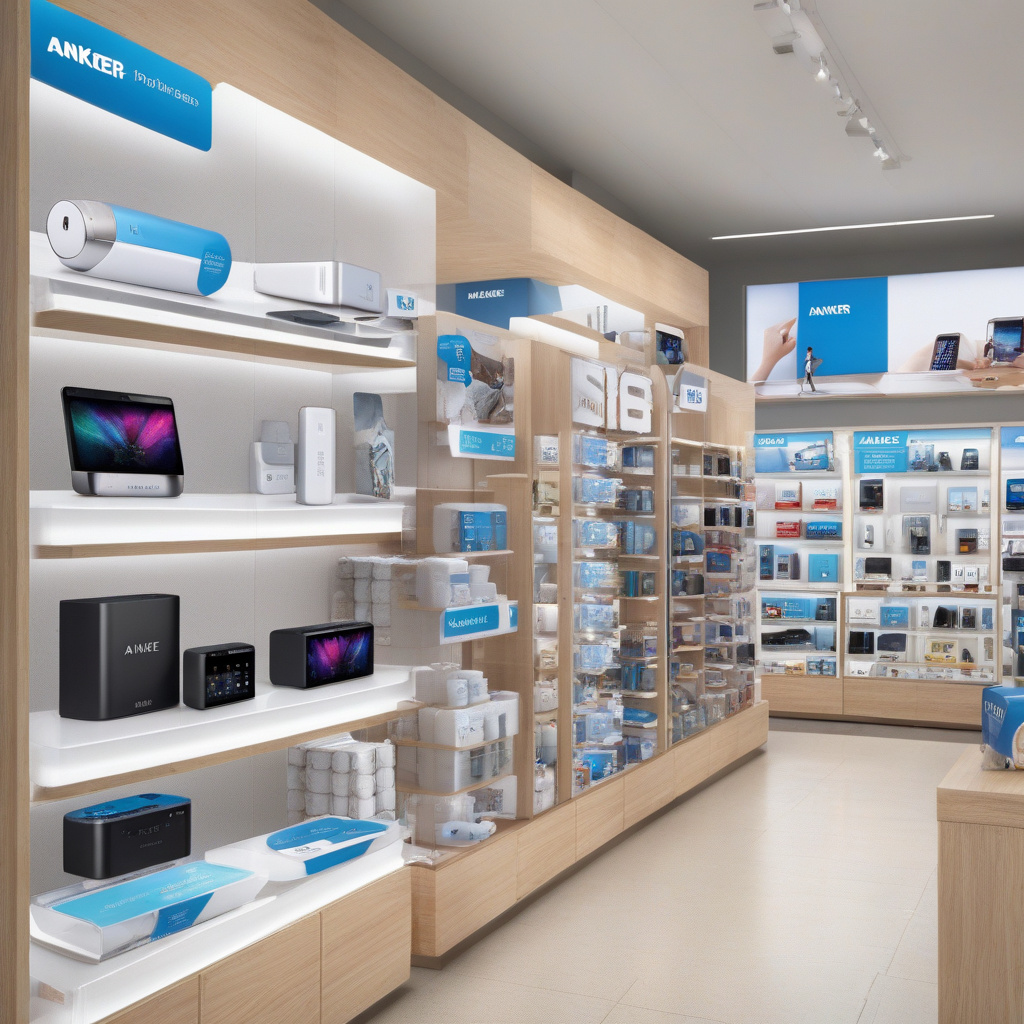Anker Raises Prices Amid Rising US Tariffs
The recent escalation in US tariffs on Chinese goods has sent shockwaves through the tech industry, with renowned electronics brand Anker being one of the first to feel the impact. Facing a staggering 145% increase in tariffs, Anker has made the tough decision to raise prices on its popular products, much to the dismay of US consumers. This move not only reflects the immediate financial strain caused by the tariffs but also raises concerns about the future of Chinese sellers in the US market.
As a well-known provider of high-quality chargers, power banks, and other electronic accessories, Anker has built a strong reputation for offering reliable products at competitive prices. However, the sudden spike in tariffs has forced the company to reconsider its pricing strategy, leading to higher costs for consumers. This shift underscores the far-reaching consequences of trade disputes between the world’s two largest economies, impacting businesses and consumers alike.
Anker’s decision to pass on the tariff-related costs to US consumers is a pragmatic one, given the significant financial burden imposed by the increased tariffs. With profit margins already under pressure, many Chinese sellers, including Anker, find themselves with limited options to absorb these additional expenses. As a result, price hikes have become inevitable, prompting concerns about the affordability and accessibility of Chinese goods in the US market.
The implications of Anker’s price increases extend beyond individual consumers, signaling broader challenges for Chinese sellers operating in the US. With tariffs reaching unprecedented levels, some companies are contemplating the possibility of exiting the US market altogether. This potential exodus could not only disrupt supply chains and distribution networks but also diminish the diversity of products available to American consumers.
Moreover, Anker’s experience serves as a cautionary tale for other Chinese tech companies that have established a presence in the US market. As trade tensions persist and tariffs continue to fluctuate, businesses are being forced to navigate an increasingly complex and uncertain economic landscape. The need for agility and adaptability has never been more critical, as companies must find innovative ways to mitigate the impact of geopolitical factors on their operations.
In the face of these challenges, Anker’s response highlights the resilience and resourcefulness of Chinese sellers in the global marketplace. By adjusting their pricing strategies and exploring alternative markets, companies like Anker demonstrate their ability to weather external pressures and sustain their operations. While the road ahead may be fraught with obstacles, the tech industry’s capacity for innovation and problem-solving bodes well for its long-term viability.
As US tariffs on Chinese goods reach unprecedented levels, Anker’s decision to raise prices underscores the profound impact of geopolitical dynamics on consumer markets. While the immediate effects may be felt by US consumers, the broader implications for Chinese sellers and the tech industry at large are equally significant. As businesses navigate this challenging landscape, their ability to adapt and evolve will be crucial in determining their success in the ever-changing global economy.
Anker, US tariffs, Chinese goods, price increases, tech industry












